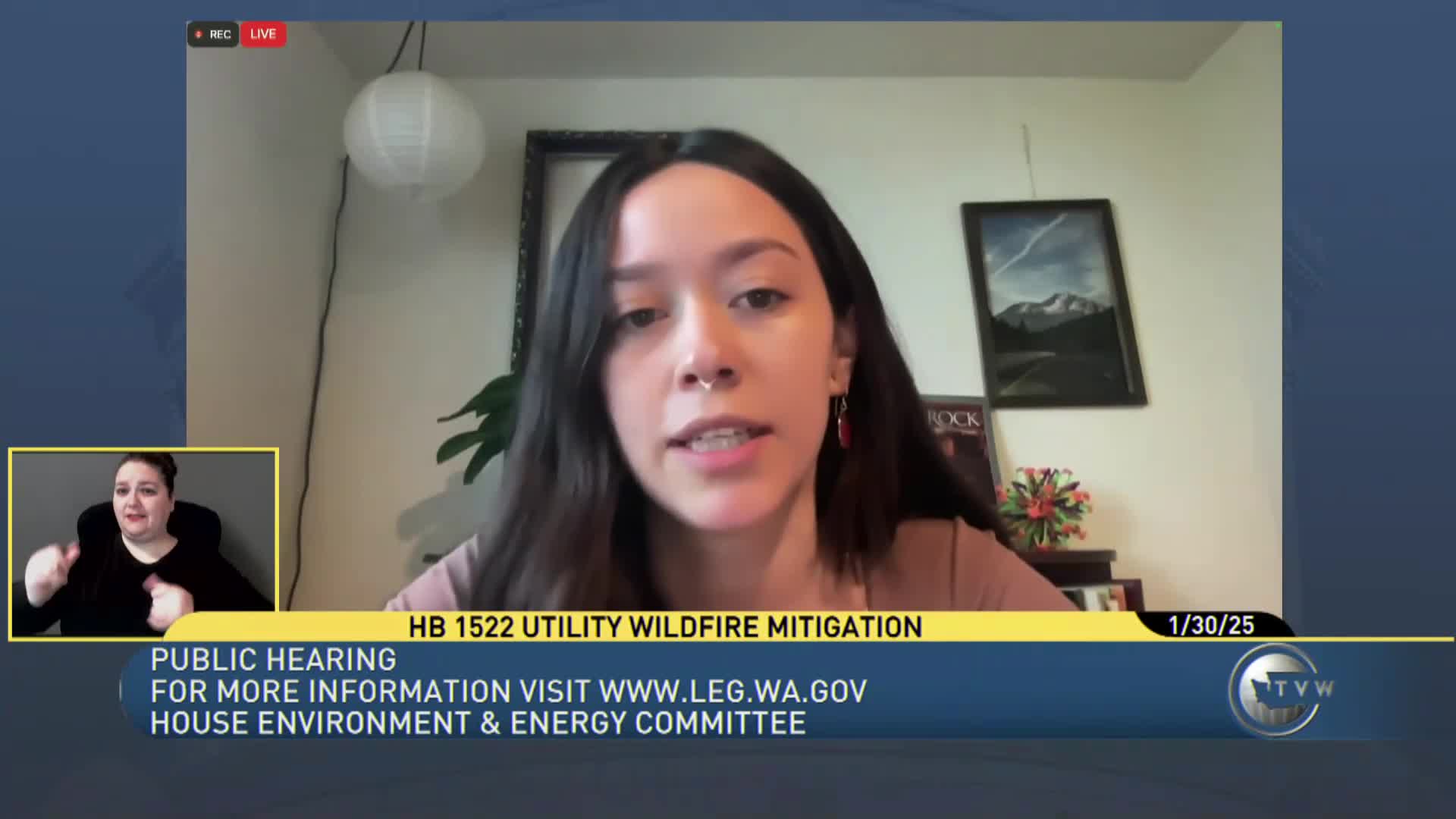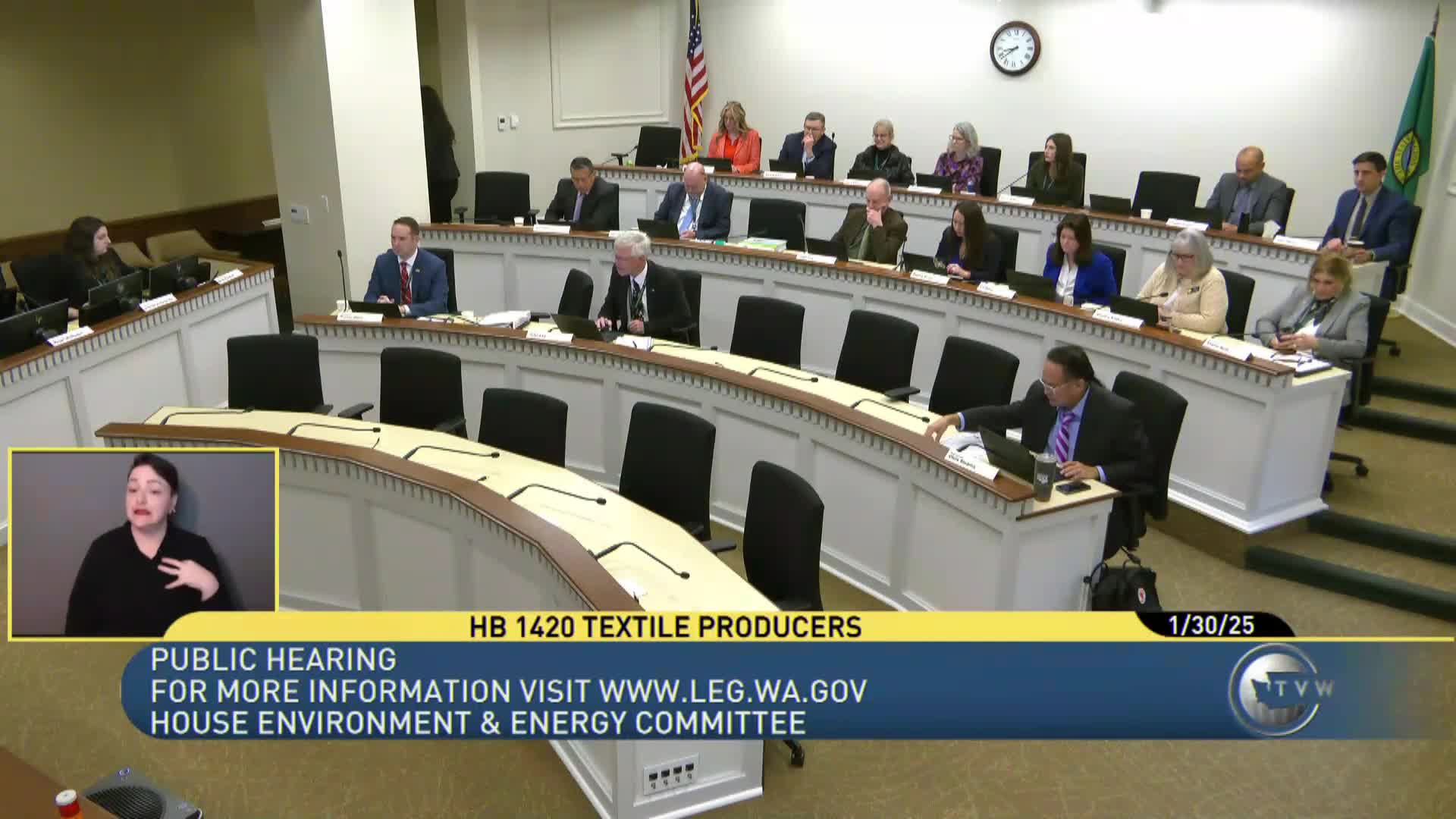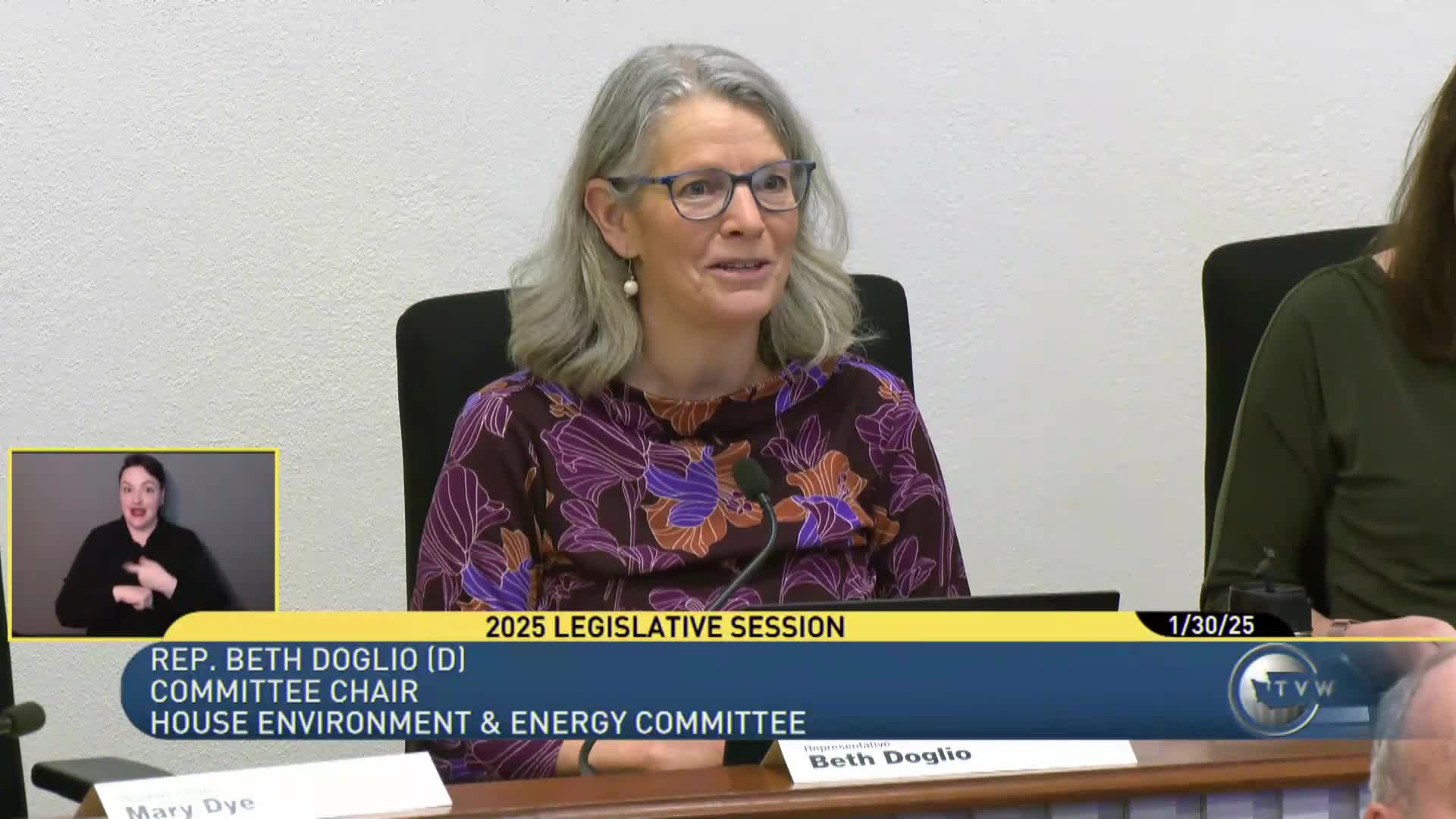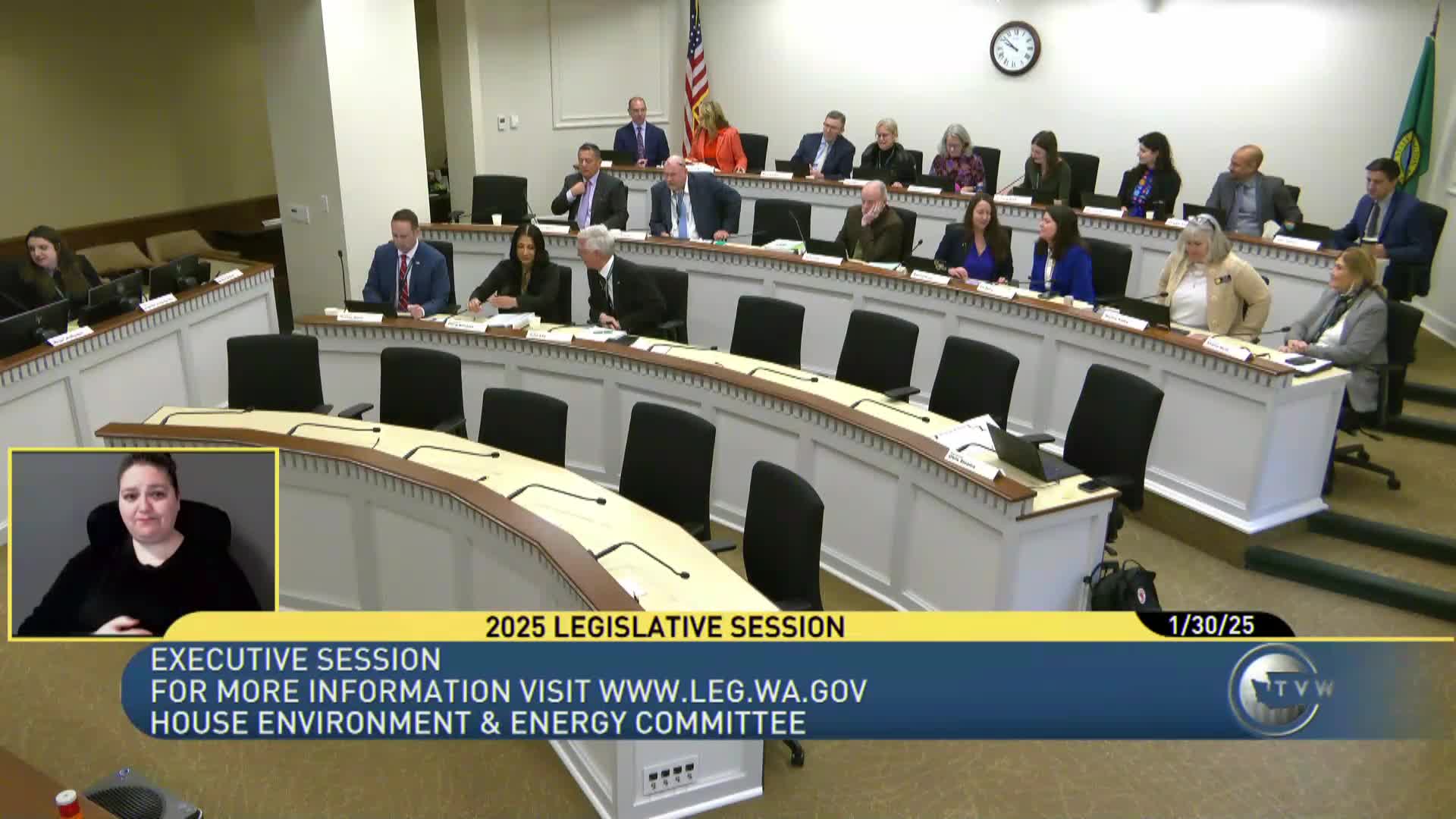Article not found
This article is no longer available. But don't worry—we've gathered other articles that discuss the same topic.

Bill aims to boost reclaimed refrigerant supply, set phased limits on high‑GWP gases

Bill would require UTC review of investor-owned utilities’ wildfire plans within 60 days

Committee hears bill to require producer-run program for post-consumer textiles

